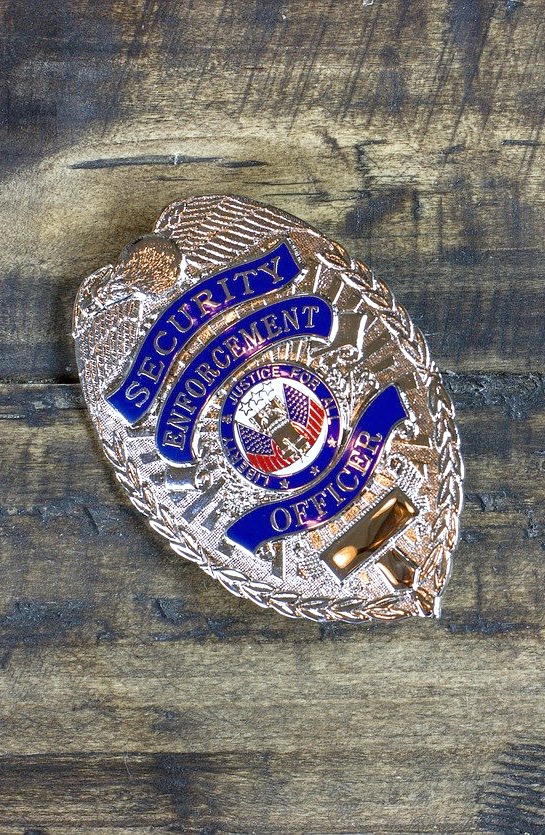How to Rent an Apartment – Complete Application Process

How to Rent an Apartment
If you’re in the market for a new place to live, you’re probably wondering “how to rent an apartment?” There are several important steps you should take to make the process easier.
Read on to find out more about checking references, how to fill out a lease, and putting down a deposit.
If you’ve already done all of these steps, you’re halfway there.
Once you’ve found a property that you like, the next step is to start the application process.
Getting a Lease
Several elements should be included in a lease when going towards apartments for rent. Often, it will specify the amount of rent due on a month-to-month basis.
As well as whether utilities are included in the rent or not.
It will also include a list of rules about pets and painting the walls. Typically, a lease is a one to a two-year commitment. If you have any questions or concerns, contact the landlord.
Upon signing the lease, be sure to thoroughly read the lease. Ensure that you understand all of the terms, including the fees. If necessary, get a lawyer to review the contract.
Though most lease agreements are fairly standard, landlords may have some quirky clauses that you might not want to see.
It is important to get answers to all of your questions before signing the lease.
Be sure to ask your landlord if they are going to cover insurance costs or ask you to sign a pet liability waiver.
Another important aspect of a lease is that it is a binding contract between you and the landlord.
You’ll need to sign this contract, which will bind you to live within the conditions of the lease. There are several advantages to signing a lease, including greater peace of mind.
It also provides you with security and stability that may be necessary for you to stay in the apartment for a long time.
Checking References
There are a few important steps in tenant screening, but one that shouldn’t be skipped is checking references.
First, check references for any problems the potential tenant might have had with previous landlords and employers.
Additionally, you should run an automated credit report and criminal background check.
Both of these can be done in just a few minutes, so you can get the scoop on potential renters right away. Listed below are some of the most common mistakes landlords make when screening tenants.
Ask for references from the tenant’s current employer and co-workers. Another excellent source of information is the HR department.
While a prospective tenant may embellish the truth just to impress her “buddy,” it is still vital to verify all of the information provided by the employer.
If possible, speak with the HR department directly to confirm the information provided. Otherwise, your landlord may be left with a mess.
The last thing you want is to end up paying rent and subsequently finding out that you are renting a dirty apartment.
While the most obvious way to find out more about a prospective tenant is by asking past landlords, you should also ask for employment references.
This will give you an idea of whether the applicant has a good job history.
Further, you can also find out whether the applicant is being honest about his income and employment.
Finally, don’t be afraid to ask prospective tenants about their hobbies and interests if they don’t mention them on their application.
Deposit
You can’t just pay rent without putting down a deposit for renting an apartment. Leaving the apartment dirty or not paying rent can eat up your deposit.
It’s essential to have a clear, broom-swept apartment before you move out. Also, make sure that the apartment has no alterations or trash.
A tenant who painted the walls may not get the deposit back if the walls aren’t painted the original color.
Security deposits used to be a common way for landlords to get renters to sign a lease. In the past, landlords would ask for several months’ rent as a security deposit.
If the tenant is a new renter, this deposit might have been as much as three to 12 months’ worth of rent.
However, laws have changed and landlords can’t ask renters for excessive amounts of money upfront.
You May Also Like:
- How To Revive An Old Armchair
- 11 Creative Ideas to Celebrate Your Son’s Birthday Party
- Renting Your First Home as a Couple
- Why Moms Need Guilt-Free Time to Themselves
The best way to avoid a landlord asking for an excessive security deposit is to check with your state’s housing department.
A security deposit is money that a landlord keeps in case the tenant breaks the lease. While it’s a security deposit, it doesn’t cover normal wear and tears.
It’s important to remember that the landlord may be entitled to deduct the security deposit if you break the contract without giving adequate notice.
This is why you should give your landlord as much notice as possible. The landlord might be surprised when you decide to move out – he might just deduct this money for repairs!
Do you have any tips on how to rent an apartment?
Let me know, til then—cheers m’deres!

PIN FOR LATER:

Nancy Polanco is a freelance journalist, lifestyle content creator, and editor of Whispered Inspirations. She is a proud Mom to Gabby and Michaela and partner and best friend to Darasak. Having worked as part of a health care team for almost a decade, Nancy is happy to be back to her passion. She is a contributor to the Huffington Post, TODAY’s Parents, and an Oprah Magazine Brand Ambassador.







